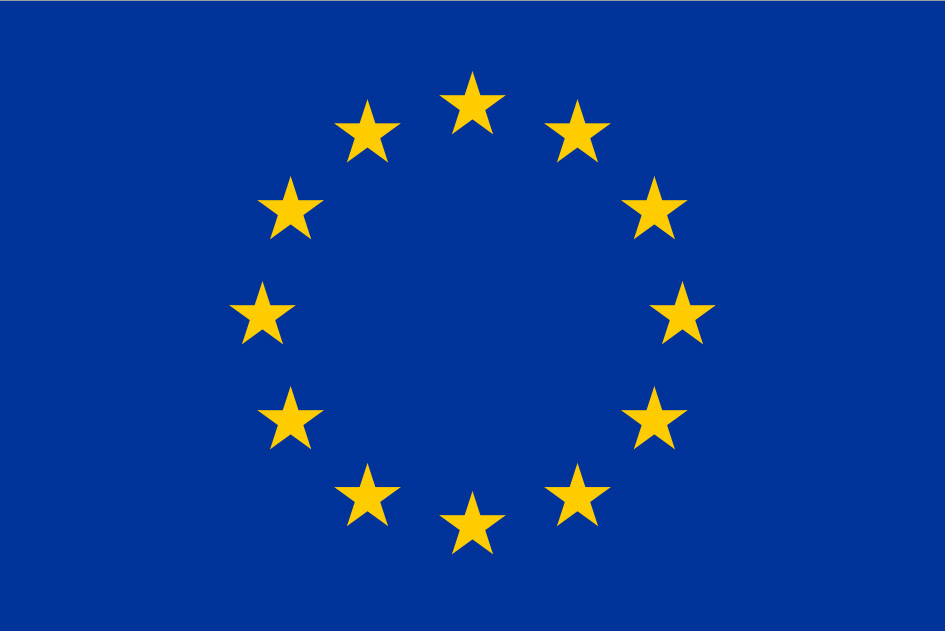EU Opens Second Antitrust Investigation Against Qualcomm, Targeting NXP Acquisition (Updated)
Updated, 6/9/2017, 2pm PT: Qualcomm sent a statement to Tom's Hardware, which you can read below.
Original article, published 6/9/17, 12pm PT:
Two years ago, the European Commission started an antitrust investigation against Qualcomm over alleged abuse of exclusive deals and predatory pricing. Today, the Commission opened another antitrust investigation against Qualcomm, this time targeting the company’s $38 billion acquisition of NXP, a Dutch semiconductor manufacturer.
Antitrust Investigations Against Qualcomm
Over the past few years, multiple countries have opened antitrust investigations against Qualcomm, including Japan, China, South Korea,and the United States, as well as the European Union.
They largely all agree that Qualcomm has been abusing its market position to demand exclusive deals from its customers, forcing competitors out of the market through expensive royalties for FRAND patents or by pricing its own products below cost (a tactic that’s called predatory pricing).
Perhaps unsurprisingly, Qualcomm has denied all of these allegations, despite already being found guilty in several of these cases and forced to pay almost a billion dollars as fine or settlement in each one of them.
EU Investigates NXP Acquisition
Qualcomm recently won a bid to acquire NXP for $38 billion. Qualcomm dominates in the smartphone and tablet markets with its processors and LTE modems, while NXP is a leading provider of NFC and “Secure Element” chips, as well as a strong player in the automotive market.
Get Tom's Hardware's best news and in-depth reviews, straight to your inbox.
Because of this, the European Commission has opened an investigation fearing that this merger could lead to higher prices, less choice, and reduced innovation in the semiconductor market.
Commissioner Margrethe Vestager, in charge of competition policy, said: “We use our electronic devices every day - mobile phones or tablets. As semiconductors are used in practically every electronic device, we are dependent on them in those devices. With this investigation, we want to ensure that consumers will continue to benefit from secure and innovative products at competitive prices."
The Commission is concerned that the merged company would hold strong positions in both baseband chips and NFC/SE chips, and it may have the incentive to exclude competitors through tactics such as bundling products together (similar to what Qualcomm has done with its processors and LTE modems).
Another concern is that Qualcomm would later bundle NXP’s patents into its seemingly already-too-expensive patent portfolio. This could once again reduce competitors’ ability to compete through means other than technical capability.
The European Commission noted that by acquiring NXP, Qualcomm is also removing potential competition from the automotive market. The idea is that instead of building its own competitive product for the automotive market and then having at least two major players battle it out (Qualcomm and NXP), the two will instead merge so they won’t have to compete against each other. That means the products may not advance at as fast a rate, and the prices may not fall as fast either.
The Commission’s investigation will last until October 17, 2017, at which time it will have to make a decision. As the previous antitrust investigation against Qualcomm has not concluded yet, it’s likely that the Commission will impose at least some rules on Qualcomm before it signs off on the merger. Up until now, Qualcomm hasn’t offered the EU any concessions, which could also put the entire merger at risk.
Qualcomm emailed Tom's Hardware a statement in regards to EU's newly announced investigation into the company's acquisition of NXP:
Qualcomm confirms that the European Commission has initiated a Phase II review of the proposed acquisition of NXP. As stated previously, both companies expected a thorough review process and are working closely with relevant regulators, including the European Commission, to obtain the necessary approvals. Qualcomm has already received clearance from the United States Federal Trade Commission.This acquisition is complementary, and driven by the belief that the combined efforts of the two companies will produce even greater innovation than they would alone. This significant investment by Qualcomm will help our industry partners in the automotive, IoT and security sectors advance their digital transformation and further the digitization of industries worldwide.Qualcomm is confident that it can address the concerns raised by the European Commission and intends to continue working with the Commission and other regulators to secure clearance. Qualcomm continues to expect this transaction to close by the end of 2017.
Lucian Armasu is a Contributing Writer for Tom's Hardware US. He covers software news and the issues surrounding privacy and security.
-
sykozis So, Qualcomm claims that having absolutely no competition will drive innovation? Can someone show me 1 example from history where that has actually happened?Reply -
falchard According to the same governments of these countries. Them getting involved in something like Healthcare does this.Reply
